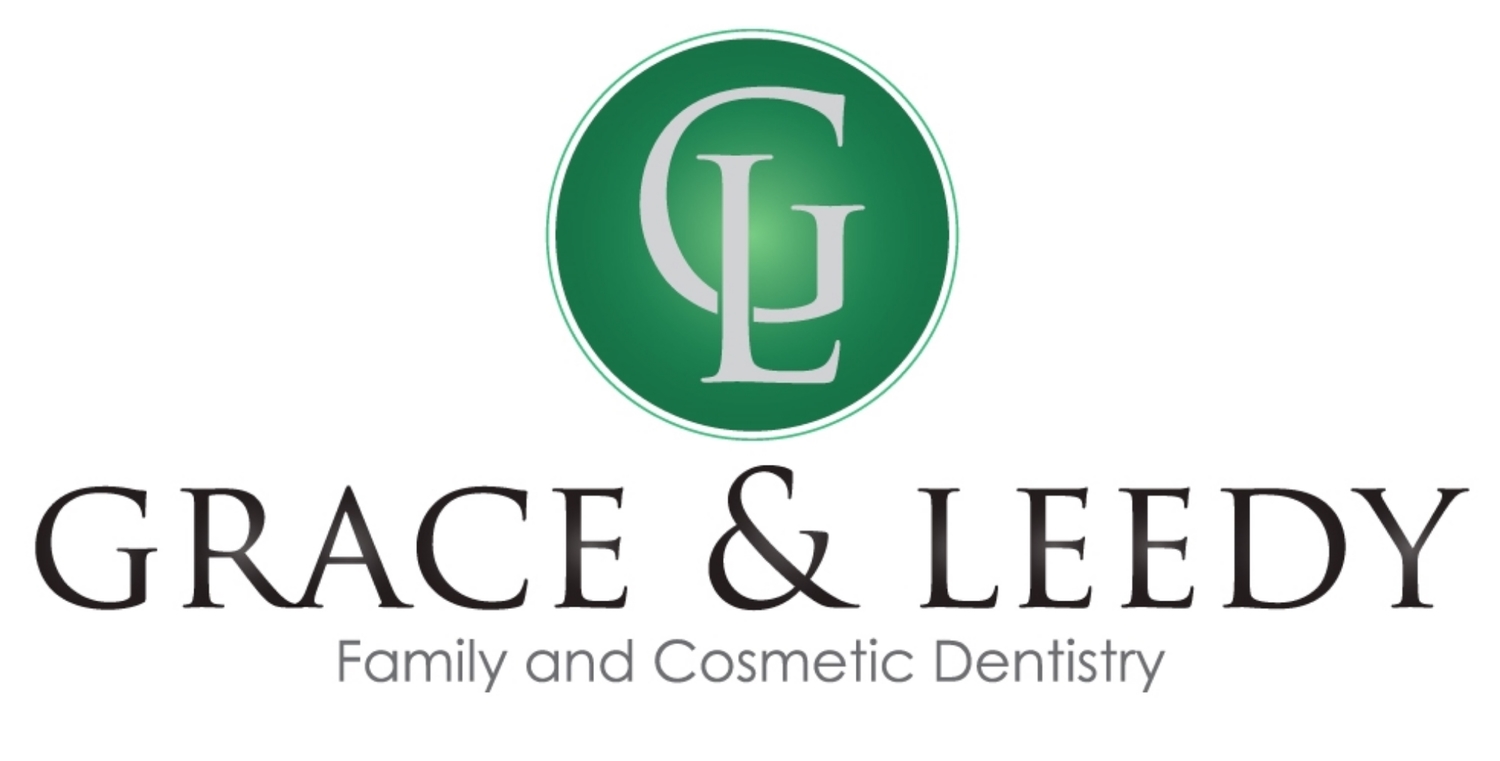There is a condition you might have and not even know about. It happens primarily at night, and it could have several different causes. We’re talking about teeth grinding, and it can have some harmful and downright painful effects, especially when left untreated. Let’s get to the bottom of what can cause teeth grinding at night and how you can protect your teeth from this bad habit.
What Is Teeth Grinding?
Teeth grinding, or teeth clenching as it can also be called, is the act of clenching your teeth together with force and sometimes moving them slightly back and forth while you sleep. Dentists call this Bruxism, and it can be caused by several factors. Stress can be a contributing factor as well as anxiety. Sleep disorders can also result in the clenching or grinding of teeth. But the most common reason patients experience Bruxism is due to a misaligned bite or missing or failing teeth.
How Do I Know I’m Experiencing Bruxism?
There are several signs that you’re clenching or grinding your teeth at night. Perhaps the easiest sign is damaged or worn down teeth that may even result in chipped or broken teeth. If you’re experiencing advanced Bruxism, you’ll probably feel it as well since the enamel will wear down leading to increased sensitivity. There are other symptoms outside how your teeth look and feel as well. Headaches, sore teeth and jaw, and even Tinnitus or ringing in the ears can result from Bruxism.
How To Stop Grinding Teeth At Night
First thing is first, to stop grinding teeth at night, you need to reinforce good habits. When your mouth is idle and you’re not speaking or chewing, your tongue should move forward and touch the back of your front teeth. This places your jaw in a relaxed position and keeps your teeth from pressing together forcefully. Practice this habit at all times of the day but especially at night. You should also look at lifestyle and diet choices to help reduce any stress and anxiety. This is a great place to start for many patients, but some may need more substantial treatment.
How Your Dentist Can Help
It is very important to talk to your dentist about teeth grinding habits. The sooner you treat them, the less damage you’ll experience to your enamel. Often times, your dentist might notice the damage from Bruxism during a routine checkup as well. Either way, if Bruxism is advancing in a patient, your dentist may prescribe a mouthguard for sleeping. This prevents your teeth from touching and grinding together while you sleep. They may also recommend braces or clear aligners if your bite needs correcting.
Grinding Teeth At Night - Final Thoughts
Stop the toll that Bruxism or teeth grinding takes on your teeth by changing your habits and talking with your dentist. They can help teach you positive habits to relax your jaw while you sleep, or prescribe treatments when the condition needs addressed right away. The staff at Grace & Leedy Family Dentistry is experienced in treating Bruxism and can help you get back on track today. Contact us to schedule a checkup and put Bruxism to bed once and for all!



